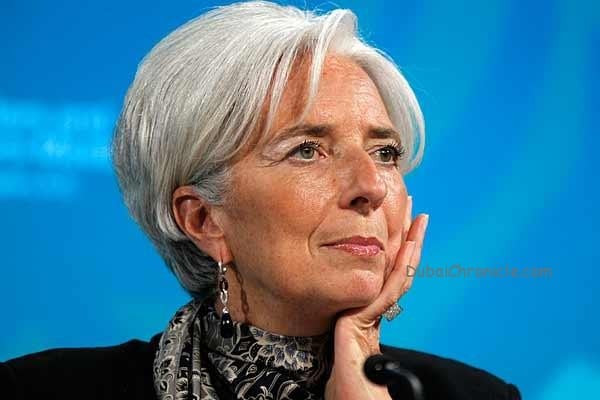
According to the Managing Director of the International Monetary Fund (IMF), Christine Lagarde, GCC countries are among the top performing economies in the world today. However, Lagarde also warned that the region will soon face new challenges that will require new reforms.
In a statement, published after a meeting with GCC central bank governors and finance ministers held in Kuwait, Lagarde stated that the short-term outlook for the region is quite positive. She explained that GCC economies are expected to witness a growth of 4.5% between 2014 and 2015. Lagarde shared that the boost will greatly be due to the rise of the non-oil sector in the region, which is predicted to maintain an increase rate of 6%. In addition, the big amount of investments in the private sector and infrastructure of GCC economies will further strengthen the region’s performance.
Despite that, Lagarde also warned that external and fiscal GCC balances will be negatively affected by the declining price of oil. According to IMF’s Managing Director, oil prices have registered a decrease of around 25% in the last few months.
In order to cope with these new trends, Lagarde advised Gulf economies to adopt a few reforms. According to her, a formal macroprudential policy needs to be introduced in the GCC economies. In addition to that, the managing director suggested Gulf countries to reform their annual budget process and adopt a medium-term budget framework.
Also, Lagarde recommends GCC countries to further diversify their economies and to find ways to promote private sector employment. She said that countries in the region are already doing a good job in diversifying their economies. However, more efforts were needed when it came to employment in the private sector. Lagarde stated that GCC economies have to encourage more job seekers to take on position in the private sector, in the name of their future development and growth.
Nevertheless, although Lagarde shared that nearly every Gulf economy needs a fiscal consolidation in the medium-term, she also added that most of the GCC countries will have no problem in following and implementing their near-term spending plans.



































